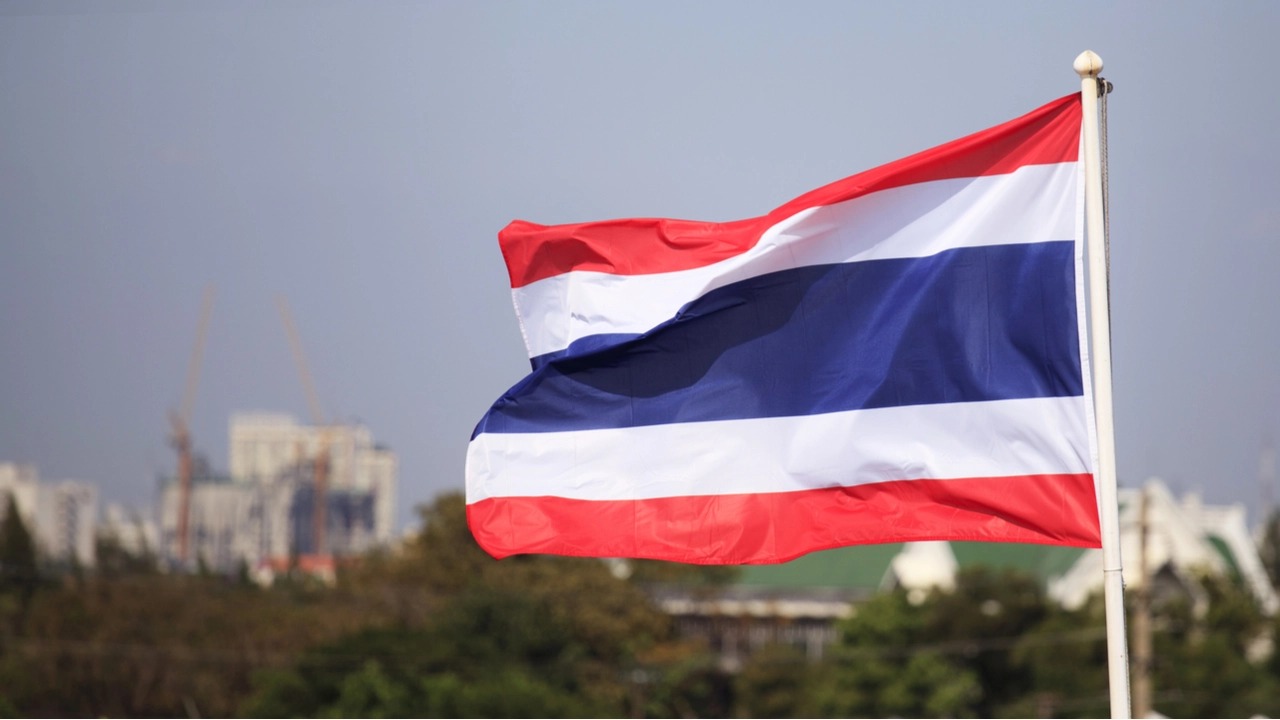
Thailand’s financial regulators are taking measures to stop cryptocurrency payments being used for goods and services. They cite a variety of economic and financial threats. The Securities and Exchange Commission of Thailand (SEC) published rules to discourage digital asset providers from supporting and offering such services.
After discussions with the Bank of Thailand (BOT), the Bank of Thailand decided to move forward with digital assets. During these discussions, the two institutions agreed on the necessity of adopting regulations that preserve the stability of the country’s economy and prevent risks for citizens and businesses. These risks included price volatility, money laundering, and leakage of personal data.
In the future, the Thai SEC will closely monitor providers in this sector to ensure they do not offer digital assets as payment methods. The new regulations do not intend to prevent crypto trading or investing. According to the regulator:
All digital asset business owners must not offer services or act in any way that encourages or supports the payment of goods or services with digital assets.
The commission stated that companies should not create systems or tools to facilitate cryptocurrency payments. The commission stated that if a crypto platform discovers that clients are using trading accounts to pay, they must inform the customers and take further action, such as temporary suspension or termination.
According to the SEC, the new rules will go into effect April 1, 2022. The SEC stated that companies providing services subject to the restrictions will have 30 days for compliance.
The SEC and BOT announced their plans to regulate crypto payments in January. This regulatory update is in spite of previous attempts to facilitate these payments in Thailand, a popular tourist spot. The tourism industry met recently with central bank officials to discuss alternative payment options, including crypto, for Russian tourists whose country was placed under sanctions following its invasion of Ukraine.
